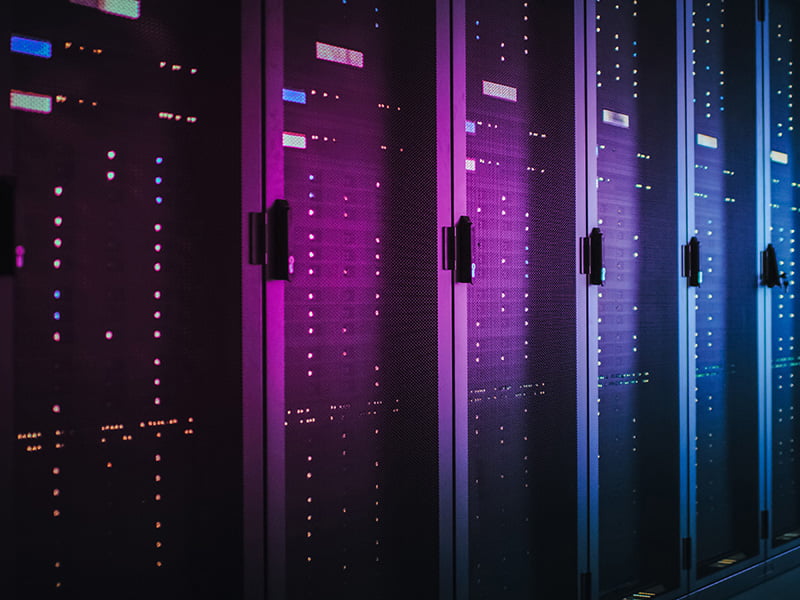Australia must use government purchasing power to build the sovereign capability of its local technology industry to ensure the nation’s critical systems are resilient against the next Black Swan event, according to home-grown enterprise software maker TechnologyOne.
The company will today issue a call from chief executive Ed Chung to follow the example of US President Joe Biden and formalise a policy that leverages government procurement policy in strategic industries to build domestic capacity.
Mr Chung will call on the federal government to take the same strong stance in investing in sovereign capability and capacity in relation to local manufacturing of vaccines and to apply it to critical information technology supply chains.

President Biden in January signed a ‘Made in America’ executive order directing department and agency chiefs to “whenever possible, procure goods, products, materials, and services from sources that will help American businesses compete in strategic industries and help America’s workers thrive.”
The executive order creates a Made in America office within the bureaucracy to enforce the policy. Federal departments and agencies must seek a waiver to buy goods or services from non-US companies, and to justify the decision in six-monthly reports back to the President’s Made in America chief.
Technology One’s chief executive Ed Chung says Australia should similarly be using its government procurement spend on information technology – about $14 billion this year across the Commonwealth and states – to guard against the next disruptive event, whether it is a cybersecurity incident or a pandemic.
Mr Chung says Australia is exposed to capability gaps and supply chain problems in the critical data management and software sectors and is urging the Australian government to consider this as it decides where to invest its billions of dollars in IT procurement every year.
“The Federal government has taken a strong stance in investing in local vaccine manufacturing for the protection of all Australians. They’ve taken a strong stance in recognising the value of locally written Australian news content,” Mr Chung said.
“Now, more than ever, it’s in the nation’s best interests to not only invest in, but also adopt our own, secure and reliable Australian-led technology solutions and industry as well.
“When TechnologyOne was founded in 1987, the phrase ‘no-one ever got fired for buying IBM’ was a truism in business technology circles. The implication was the imported product was inherently better and investing in the products of local businesses was a risk,” he said.
“But Australia is now light years ahead of where it was. We now have a healthy and booming tech industry, well paid jobs and great career paths for our best and brightest tech experts and innovators. In the last decade STEM has become high profile and technology stocks make up a significant proportion of our listed companies.”
TechnologyOne is one of Australia’s most successful business software companies, having successfully reinvented itself several times over the decades as technology has evolved.
Most recently, the company completed its jump to rebuild its product as a software-as-a-service platform, readying itself for years of growth in the cloud era.
The company competes in the same enterprise software sector global giants, and has enjoyed only moderate success in selling into the federal government, a market that is dominated by the European company SAP – which enjoys the favourable status of a whole-of-government purchasing agreement through the Digital Transformation Agency.
Mr Chung argues that Australia is exposed to the same kind of capability and supply chain risks in the tech sector as were exposed elsewhere in the economy by the COVID-19 pandemic.
“As a nation we are still highly dependent on the products and services of foreign multinationals – particularly when it comes to software. This dependency is unnecessary, but it may be risky too,” he said.
“When you look at the EU’s recent rule change, which allows exports of COVID vaccines to be stopped it there is a local supply shortfall, this ability to stand on our own two feet, or to have strong ‘sovereign capacity and capability’ – has become more important than ever.
“Indeed, last year, when our Health Minister Hunt announced plans to build the largest flu vaccine manufacturing plant in the southern hemisphere right here in Australia, he said the decision ‘locked in Australia’s sovereign vaccine manufacturing capability for the next two decades …’
“It’s time to lock in Australia’s sovereign technology capabilities as well – and the role and impact of government procurement is critical,” Mr Chung said.
Do you know more? Contact James Riley via Email.

